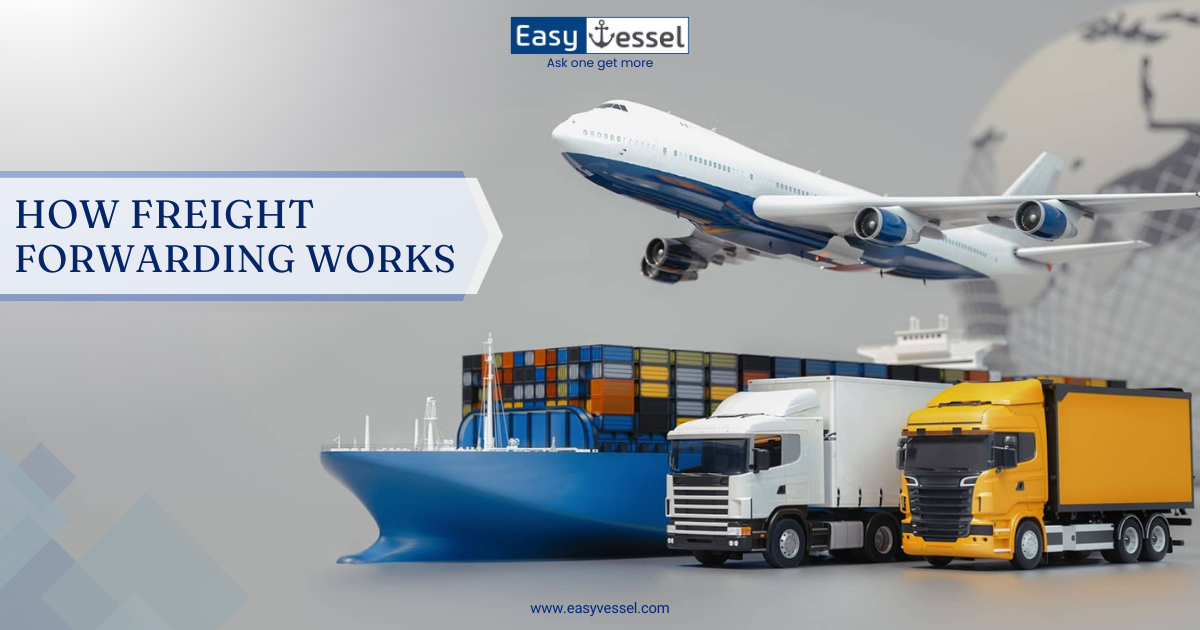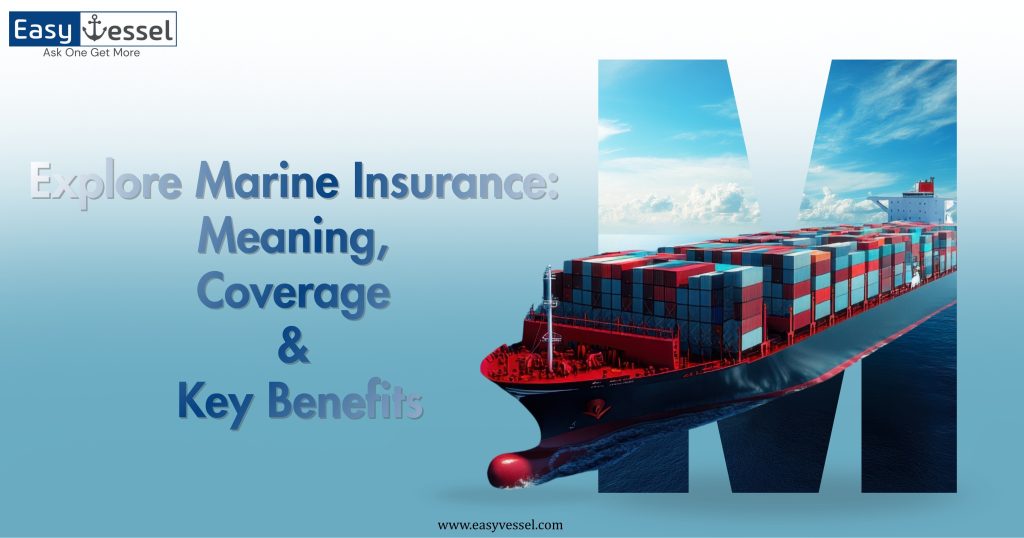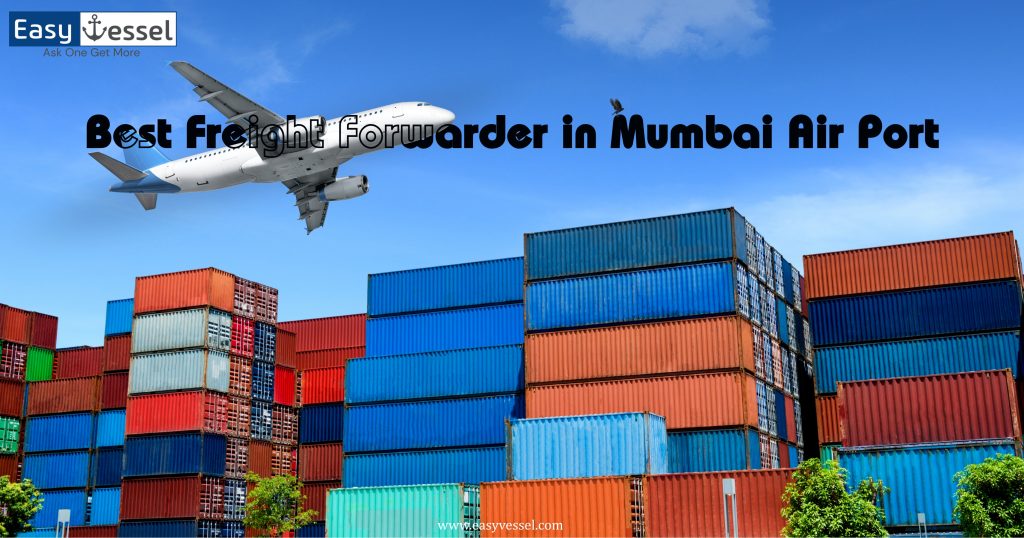- Freight forwarding is the process of managing the movement of goods from one place to another.
- It involves organizing how items are transported, stored, and delivered, ensuring everything gets to its destination smoothly and on time.
- Freight forwarding is like a travel agent for cargo.
- These forwarders handle everything, from arranging transportation to dealing with customs.
- Their role is to make sure goods reach their destination hassle-free, using various types of transportation like ships, planes, trucks, and trains.
- They’re the behind-the-scenes heroes of getting stuff where it needs to go!
Freight Forwarding Meaning:
- Freight forwarding is the logistical backbone of global trade, encompassing the intricate process of managing the transportation of goods from one point to another across the world.
- A freight forwarder is also known as a forwarding agent, consolidator, or simply a forwarder.
- It involves the coordination, arrangement, and facilitation of shipments on behalf of businesses, utilizing various modes of transportation such as ships, airplanes, trucks, and trains.
- Freight forwarders act as intermediaries between shippers and carriers, handling a variety of tasks.
- Including negotiating contracts, arranging storage, managing documentation, navigating customs procedures, and ensuring compliance with international regulations.
- Moreover, they streamline the complex journey of goods, ensuring they reach their destinations efficiently and seamlessly, playing a vital role in the interconnected web of international commerce.
What Services do Freight Forwarders Provide?
Here are the services by freight forwarders:
- Shipment Coordination: Managing the transportation of goods from origin to destination.
- Customs Clearance: Handling paperwork and procedures for smooth entry/exit at borders.
- Mode Selection: Advising on the best transport method (air, sea, land) based on needs.
- Documentation Assistance: They ensure proper completion of all necessary paperwork.
- Cargo Insurance: Providing options to protect goods in transit against damage or loss.
- Logistics Planning: Strategizing efficient routes and schedules for timely delivery.
- Storage and Warehousing: Offering storage solutions when goods need temporary housing.
- Risk Management: Identifying potential issues and implementing contingency plans.
These services are the comprehensive support freight forwarders offer in managing and facilitating the shipping process for businesses.
How the Freight Forwarding Process Works
Here’s a breakdown of how the freight forwarding process typically works:
- Booking: The process kicks off when a client books the freight forwarder’s services to transport goods from one place to another.
- Planning and Coordination: The forwarder assesses the shipment, considering factors like type of goods, destination, and urgency. They then plan the best route and transportation mode (air, sea, land).
- Documentation: The forwarder prepares and handles necessary paperwork, such as invoices, packing lists, and customs documentation.
- Carrier Selection: The forwarder controls their network to select carriers (airlines, shipping lines, trucking companies) that fit the shipment’s requirements and budget.
- Transportation: The forwarder picks up goods from the origin and moves them to the carrier’s facility. Then, they load the goods onto the chosen transport mode.
- Customs Clearance: The forwarder manages customs procedures, ensuring compliance with regulations at departure and arrival points.
- Tracking and Updates: Throughout the journey, the forwarder provides updates to the client, tracking the shipment until it reaches the destination.
- Delivery and Unloading: Upon arrival, the goods are unloaded and delivered to the final destination, whether it’s a warehouse, store, or directly to the customer.
- Final Documentation: The forwarder completes final documentation to confirm the successful delivery and closure of the shipment.
Additionally, by handling each step meticulously, freight forwarders ensure a smooth and efficient journey for goods from start to finish.
Types of Freight Forwarding:
Freight forwarding comes in various types to cater to different shipping needs:
- Ocean Freight Forwarding: Specializes in transporting goods via sea routes, offering options like Full Container Load (FCL) or Less than Container Load (LCL) shipments.
- Air Freight Forwarding: Focuses on swift transport via air carriers, ideal for time-sensitive or high-value goods.
- Land Freight Forwarding: Covers transportation by road or rail, offering flexibility for regional or local shipments.
- Rail Freight Forwarding: Specializes in transporting goods over long distances using rail networks, often cost-effective for certain routes.
- Multimodal Freight Forwarding: Integrates various modes of transport (air, sea, land) for end-to-end shipment, ensuring flexibility and efficiency.
- Specialized Freight Forwarding: Offers expertise in handling specific types of cargo, such as perishables, hazardous materials, oversized items, or project cargo.
Each type addresses distinct shipping requirements, allowing businesses to choose the most suitable method for their goods.
Conclusion:
In conclusion, Freight forwarding plays a crucial role in global trade, ensuring the efficient and timely delivery of goods across borders. They act as intermediaries between shippers and carriers, handling all aspects of the transportation process, from customs clearance to cargo insurance.
Easyvessel is the best freight rate platform which connects importers/exporters with multiple freight forwarders to get the best freight rates worldwide with 0% commission.
Save time and money at easyvessel.
References:
Frequently Asked Questions
Freight forwarding is the process of organizing and coordinating the shipment of goods from one location to another. Freight forwarders act as intermediaries between shippers and carriers, handling all the logistics involved in getting goods from point A to point B.
A freight forwarder is a logistics expert who specializes in arranging and managing the transportation of goods from one location to another. They serve as a bridge between shippers, the companies that send goods, and carriers, the entities that transport them, such as airlines, shipping lines, trucking companies, or railroads.
A freight forwarder acts as an intermediary between shippers and carriers, managing the logistics of international shipping. They oversee the transportation of goods from one location to another, ensuring they reach their destination safely and efficiently.



